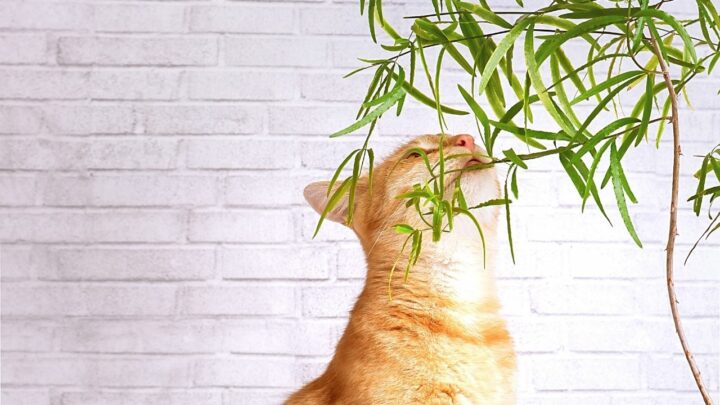How to Stop Cats from Eating Plants?
Although cats are carnivorous, it doesn’t stop them from getting into their owners’ flower beds and vegetable gardens.
Of course, you wouldn’t want to take the chance of making your cats sick by spraying pesticides as a hopeful deterrent, so what can you do to stop your cats — or your neighbors’ cats for that matter — from eating your plants?
If you are like many gardeners, you may have tried to put up a fence, kept your own cats indoors, or exchanged harsh words with the owners of the nuisance cats.
If the cats are neighborhood strays, you may have even tried calling animal control.
And yet, the problem has continued. Well, you can finally find some much-needed relief with these strategies for stopping cats from eating your plants.
How to Stop Cats From Eating Your Plants
You can stop cats from eating your plants by sprinkling your plants with cayenne pepper, spraying a vinegar-water solution, or placing citrus peels around the base of your plants. You can also plant rosemary or roses. It may also help to place your houseplants out of the reach of cats, if possible.

How to Stop Cats From Eating Your Plants
Cayenne Pepper and Citrus Peels will Keep Cats Way from your Houseplants
While some people enjoy spicy foods, cats are deterred by certain seasonings, such as cayenne pepper.
Once you dust cayenne pepper on your plants or around their base, your cat will stop eating them.
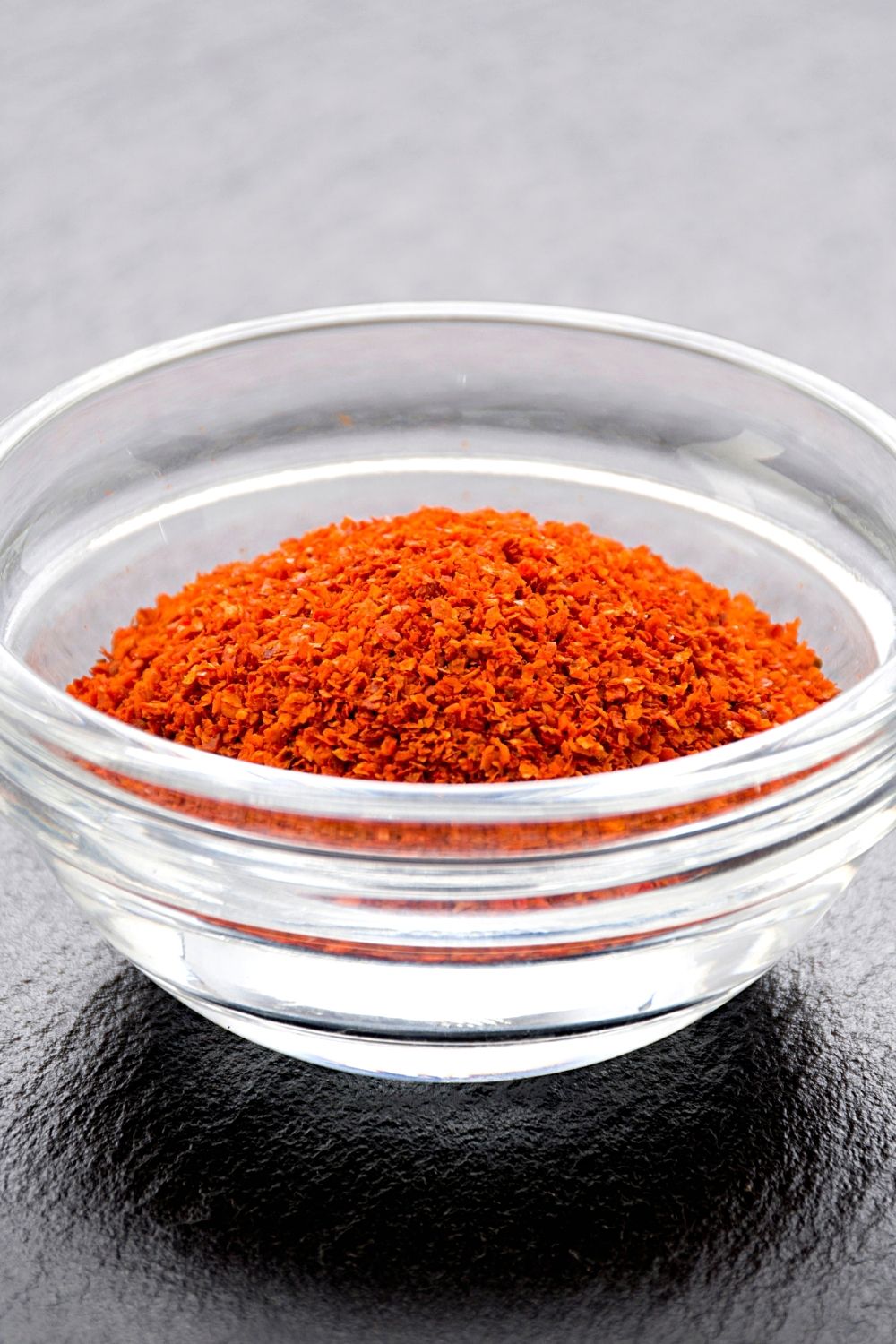
You can sprinkle cayenne pepper powder around the base of your plants to stop cats from eating them
Alternatively, you can place citrus peels around your plants. Cats hate the smell and taste of citrus fruits, so this tactic will keep cats away from your plants.

Placing citrus peels around your plants helps in stopping cats from eating them
You can also spray lemon or lime juice on your plants for a similar effect.
Spraying Vinegar and Water on your Plants may Stop Cats from Eating Them
If you never use cayenne pepper yourself and citrus fruits are out of season, you can create your own homemade vinegar and water solution and spray it on your plants.
Just as many people don’t like the taste of vinegar on their salads or vegetables, cats don’t either.
The scent of the vinegar alone may keep cats away from your plants, but if they do try to eat plants that have been sprayed with vinegar or sprinkled with cayenne pepper, they certainly won’t go back for seconds!
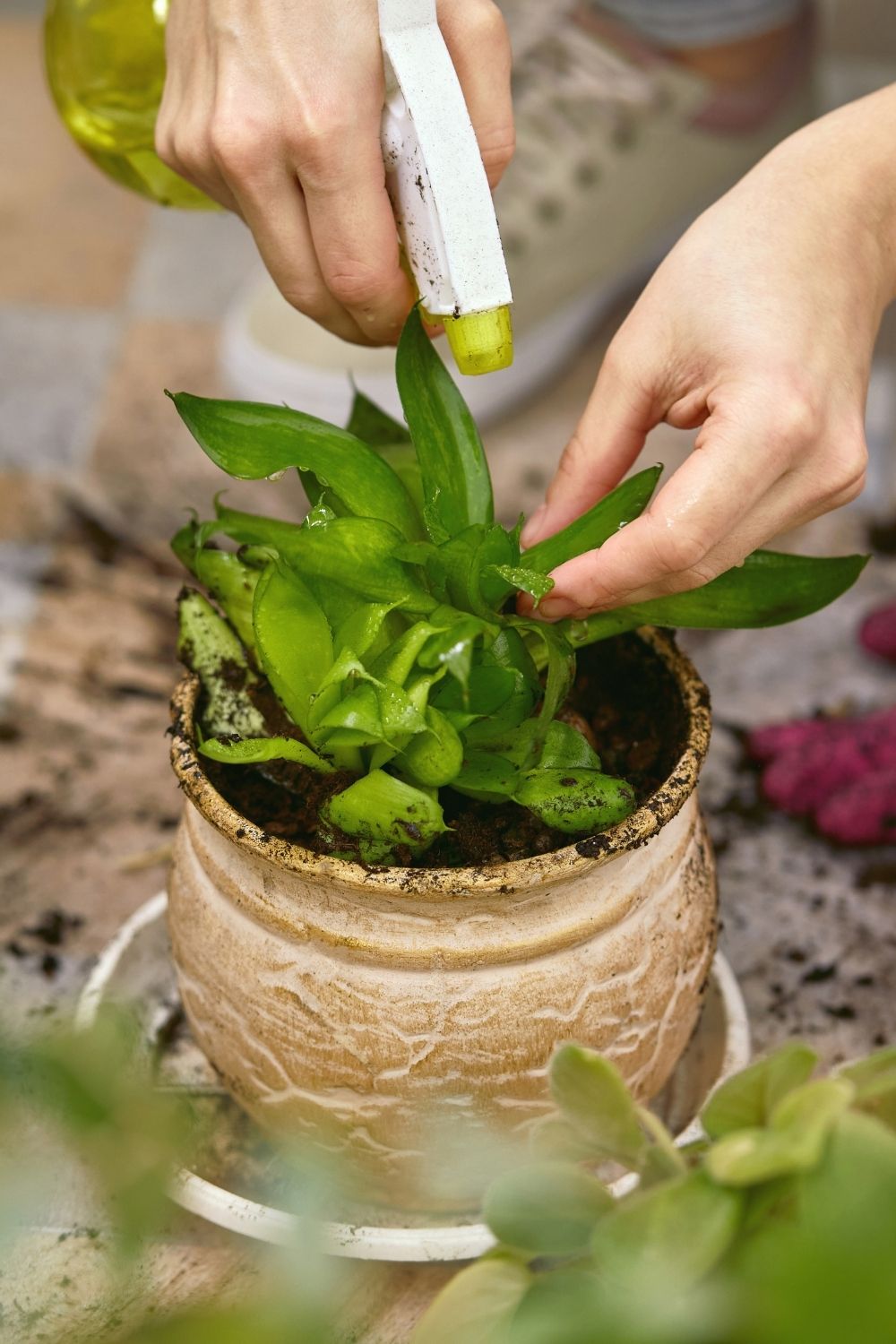
Spraying a vinegar-water solution on your plants is another way to stop cats from eating them
There are also products available in the market for purchase that supposedly deter cats from houseplants.
These products likely have a bitter taste or smell of citrus, which keeps the cats away. While you can shop around and try these products out for yourself, homemade cat repellents work just as well.
Cats will Avoid Certain Types of Plants
Cats will automatically stay away from thorny plants, such as roses.
While they may initially try to sample a thorny plant, they will instantly learn to avoid the plant the first time their paws have been pricked.
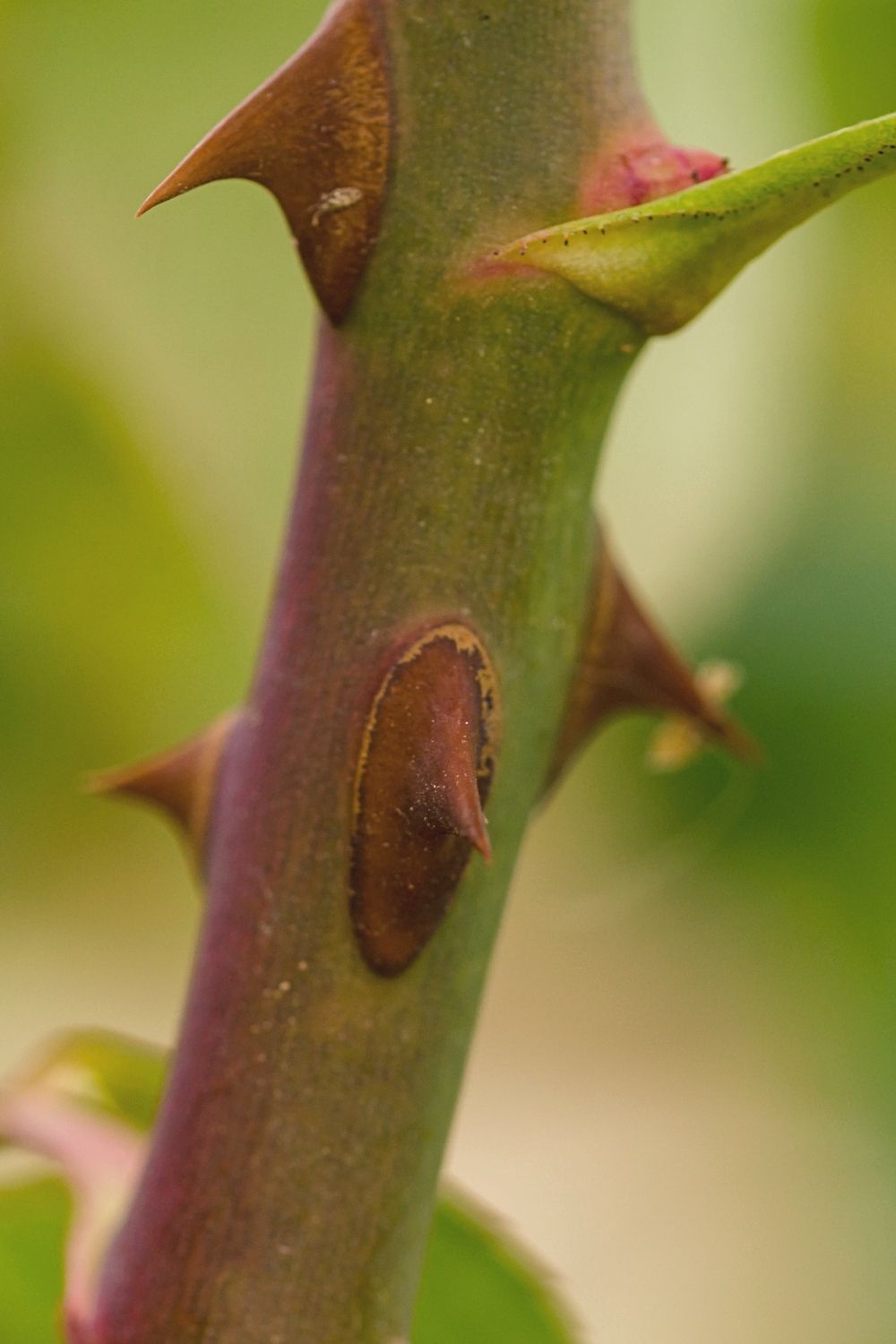
The thorns in the rose’s stem help in stopping cats from eating them
Also, cats dislike the smell and taste of rosemary plants, but if you disagree with your cats and find rosemary to be a beautiful plant with a nice scent, you can safely grow this plant around your cats.
They will automatically stay away from it.
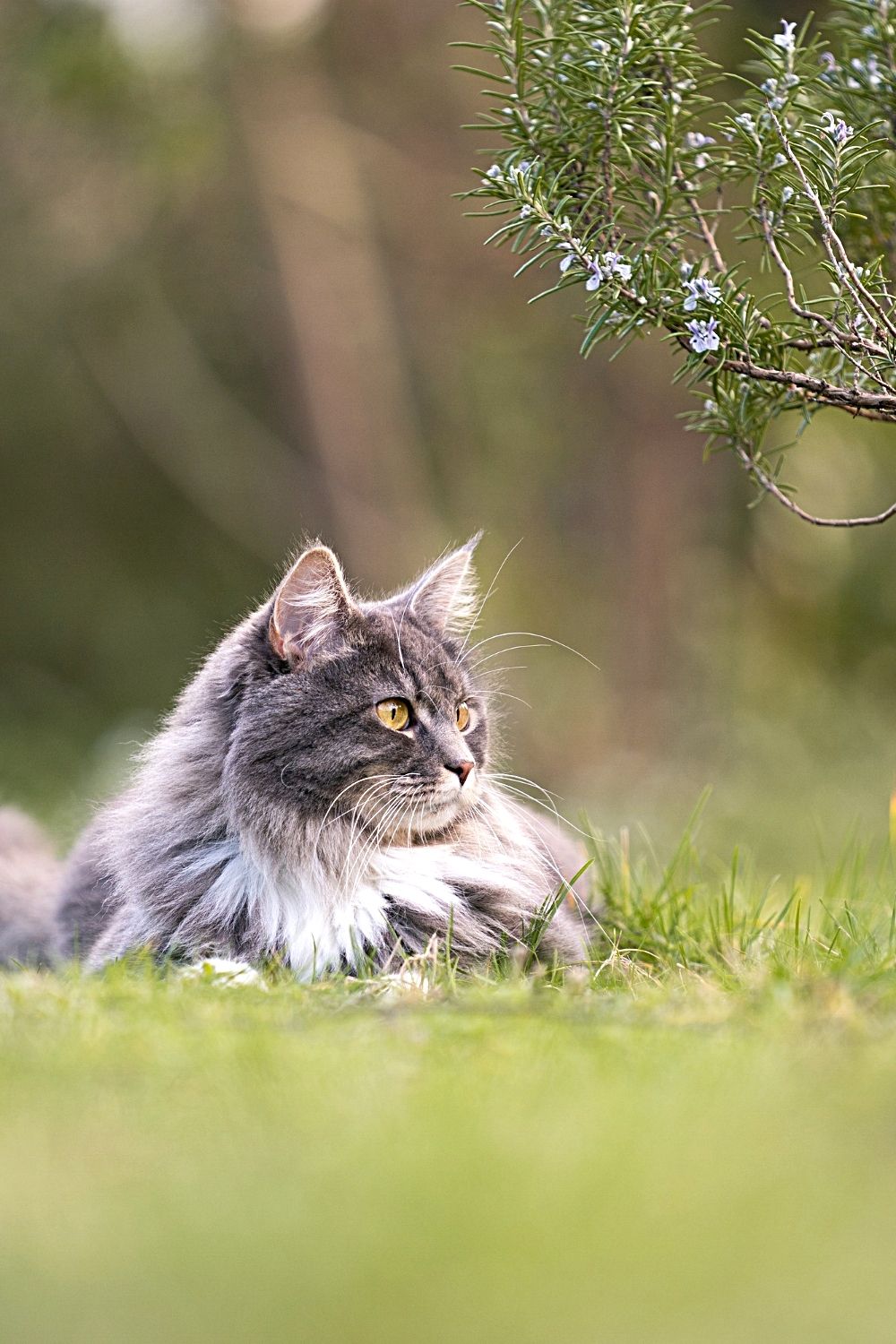
Cats dislike the taste and smell of rosemary and avoid it at all costs
Many people suggest getting cats their very own plant that they can freely snack on, such as wheatgrass.
While this may keep your cat satisfied and occupied enough to lose some interest in your houseplants, cats are naturally curious and may still try out the taste and texture of other plants in the home and yard.
Keeping your Plants Out of the Reach of Cats will Stop your Cats from Eating Them
Since cats can jump and climb trees, you may find this strategy to be ineffective.
Just when you think that there is no way that your cat could possibly reach the spot where you placed your plants, your determined feline has once again found a way to get to the plant.
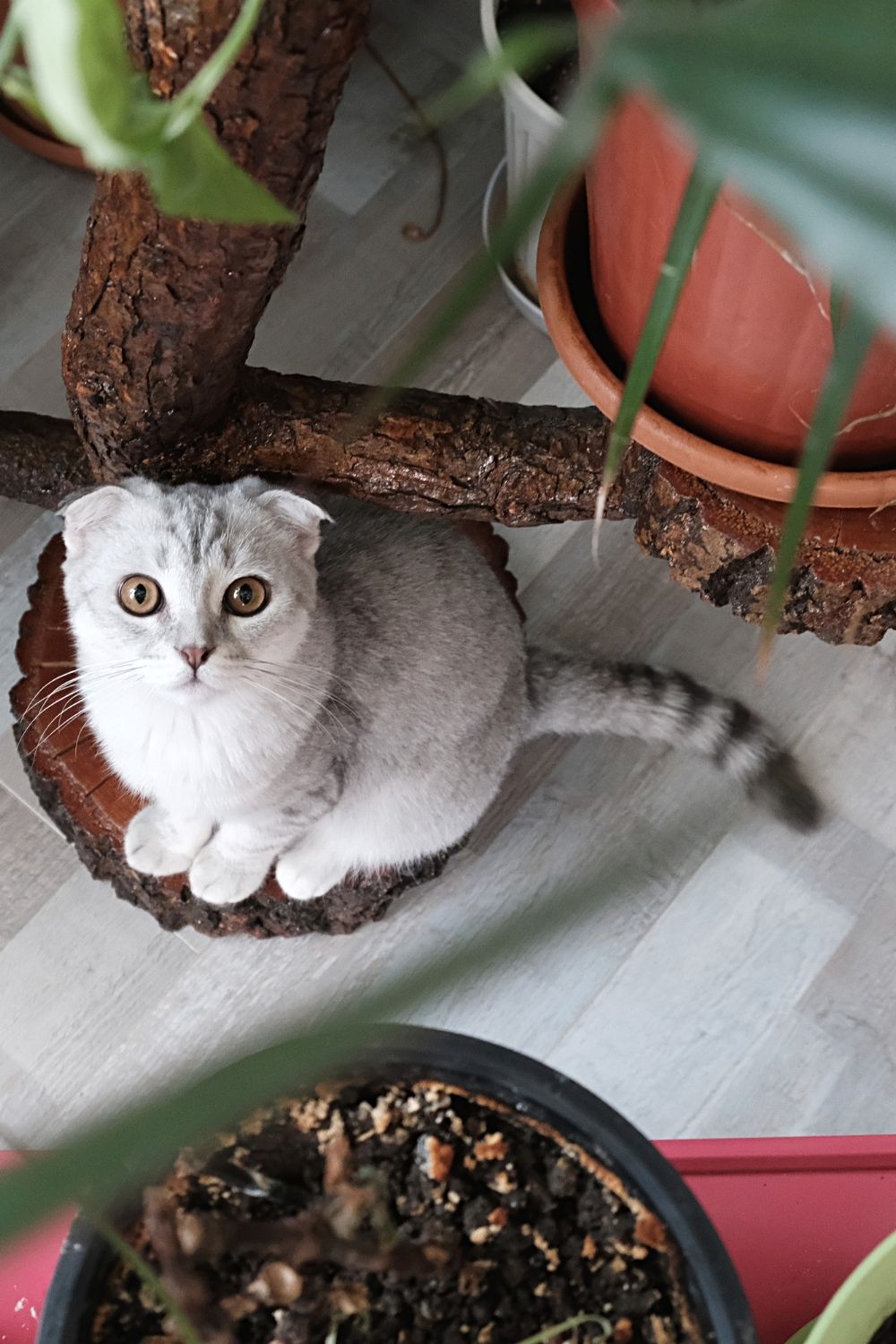
You can also hang your plants so your cats can’t reach them
While this strategy often does require trial and error, it is indeed possible to place your plants out of the reach of cats.
You may want to try hanging your plants or placing them on a high shelf that is inaccessible to cats.
Why Cats Are Attracted to Eating Houseplants
Cats are meat eaters, so it can understandably leave cat owners baffled as to why their cats love to eat houseplants.
While cats are indeed carnivorous, plants provide additional nutrition and are consumed by some wild cat species.
Although your cat may be missing certain nutrients in their diet, simply switching to another brand of cat food may not stop your cats from eating plants.
Cats seem to like the taste and texture of houseplants, and the movement of the leaves may trigger their hunting instincts (the same reason why cats bite your ankles) and make your houseplants irresistible.
While you can always try to keep your plants indoors and your cats outdoors or vice versa, this isn’t always plausible and outdoor gardens may still be a prime target for your neighbors’ cats or local strays.
Frequently Asked Questions about How to Stop Cats from Eating Plants
Can I have plants with cats?
You can indeed have both plants and cats, but it may be helpful to provide your cats with easy access to their own foliage or catnip to reduce the chances of them finding your houseplants appealing enough to eat.
Do cats know enough to not eat poisonous plants?
Cats are very intelligent and particular about what they eat, so it’s extremely unlikely that they will eat a poisonous plant, but owners should still take precautions.
Which plants are poisonous to cats?
There are several plants that are poisonous to cats, including lilies, daffodils, and tulips. Cat owners should avoid keeping these plants in their home or yard.
Conclusion About How to Stop Cats from Eating Plants
Even though cats are carnivorous, some cat species will eat carrots and pumpkins in the wild, so it’s not safe to assume that cats will not find it appealing to consume plant life.
Occasionally, cats will view houseplants as a food source, especially if they are lacking certain nutrients in their diet.
Cats won’t become ill from eating most plants, but there are some poisonous houseplants that are toxic to cats.
Fortunately, there are some simple common-sense strategies to stop cats from eating your houseplants, so that you can enjoy both your feline pets- and your beautiful plants.

